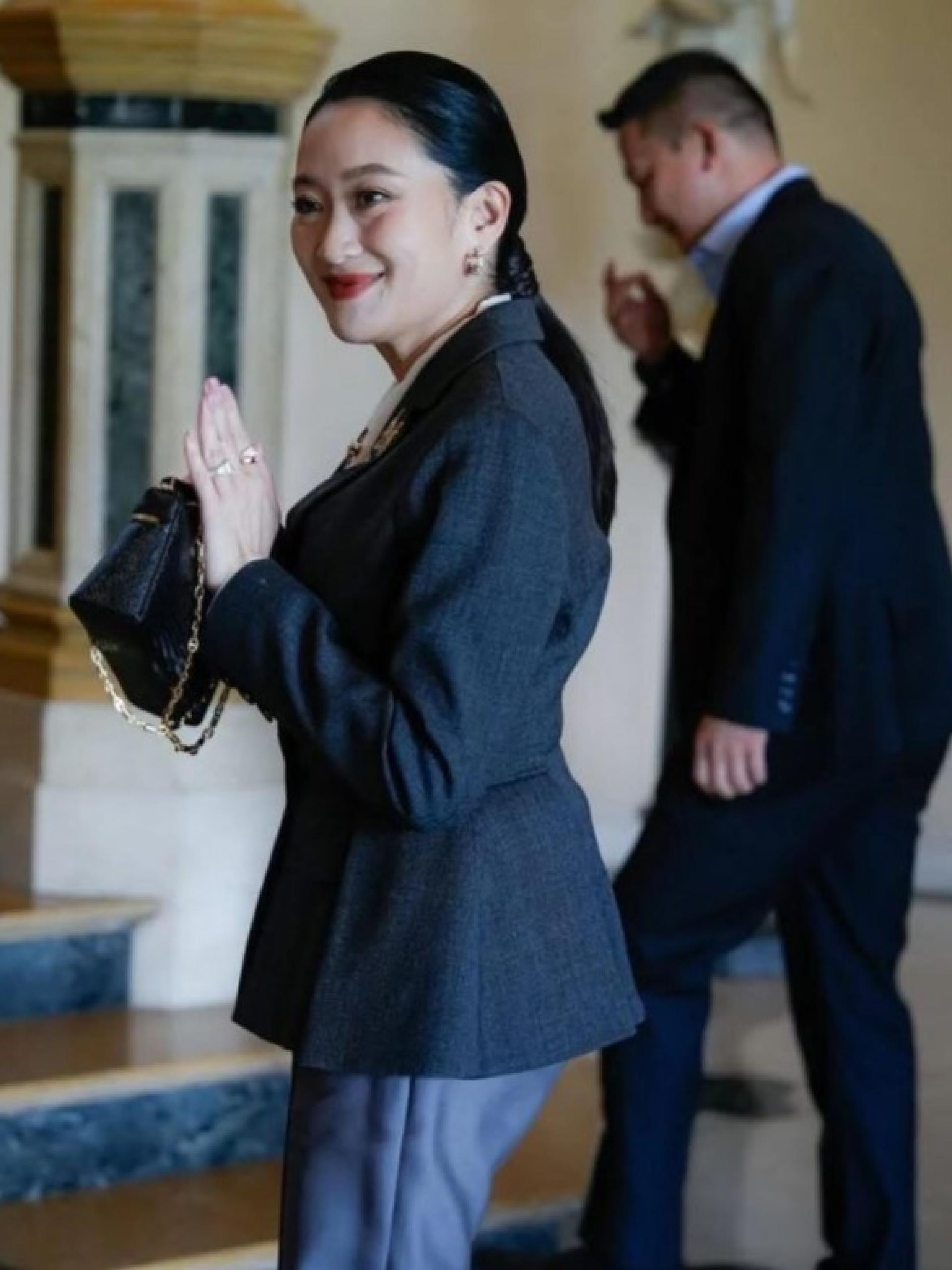(Bangkok, 29th) – The Thai Constitutional Court on Friday (August 29) ruled that Prime Minister Paetongtarn be removed from office for seriously violating the constitution in connection with the leaked audio call with former Cambodian Prime Minister Hun Sen. The verdict has triggered domestic political turmoil and brought a new round of tensions in Thai-Cambodian relations.
The Constitutional Court formally announced the verdict at 3pm, officially removing Paetongtarn from the office of Prime Minister. She had previously been suspended from exercising her prime ministerial powers on July 1st, pending the final ruling.
Event Review
On April 23, Paetongtarn visited Cambodia and met with Hun Sen. On June 18, an audio recording was leaked, involving issues regarding Thai-Cambodian relations and the Thai military. The following day, Paetongtarn publicly apologized. On June 28, thousands of protesters gathered to demand her resignation, and the National Anti-Corruption Commission also launched an investigation. On August 21, the Constitutional Court held a hearing and finally handed down the removal verdict on the 29th.
The Fate of the Shinawatra Family
The verdict once again highlights the "Shinawatra family fate argument": since 2001, all four Shinawatra prime ministers have almost without exception been ousted by judicial decisions. Supporters have questioned the fairness of the judiciary, calling it an "institutional exclusion" targeting a specific family, while royalists and traditional elites see this as a defense of constitutional order.
Political and Policy Background
Paetongtarn was appointed as Thailand's 31st Prime Minister in August 2024, becoming the youngest prime minister in history and the fourth from the Shinawatra family to hold the position. She introduced a series of long- and short-term policies covering housing, debt relief, transport subsidies, and community development, and actively promoted anti-fraud measures, cross-border governance, and diplomatic cooperation.
Now, her ouster means Thailand faces a new round of power restructuring. The Pheu Thai Party must quickly nominate a new prime ministerial candidate, while the military and its allies are expected to play a key role in power distribution. Grievances among grassroots supporters may trigger a new wave of protests, further elevating political risks.
